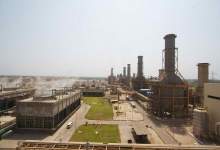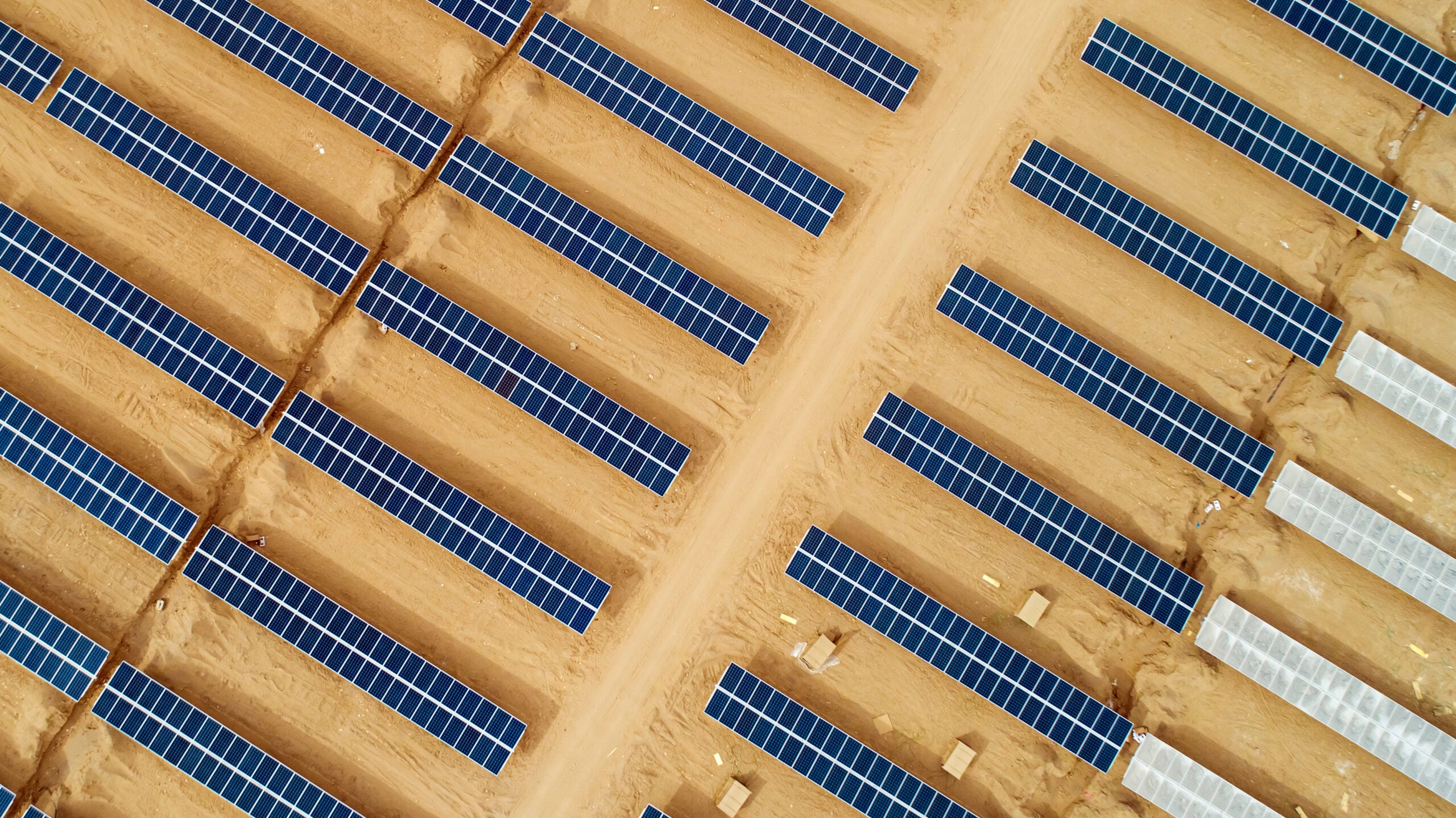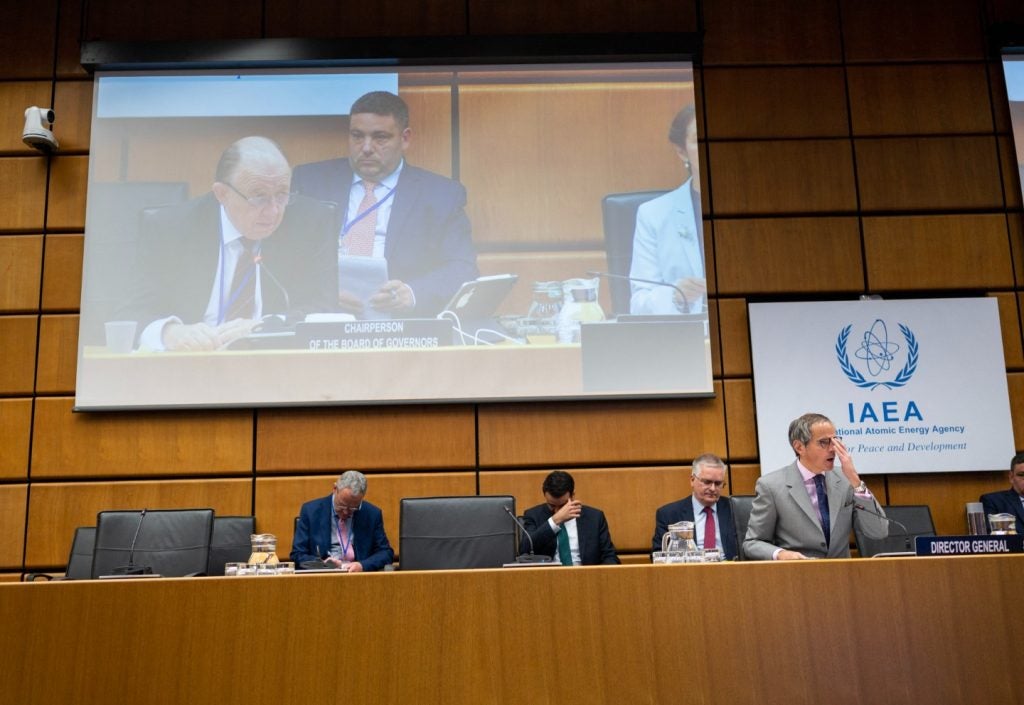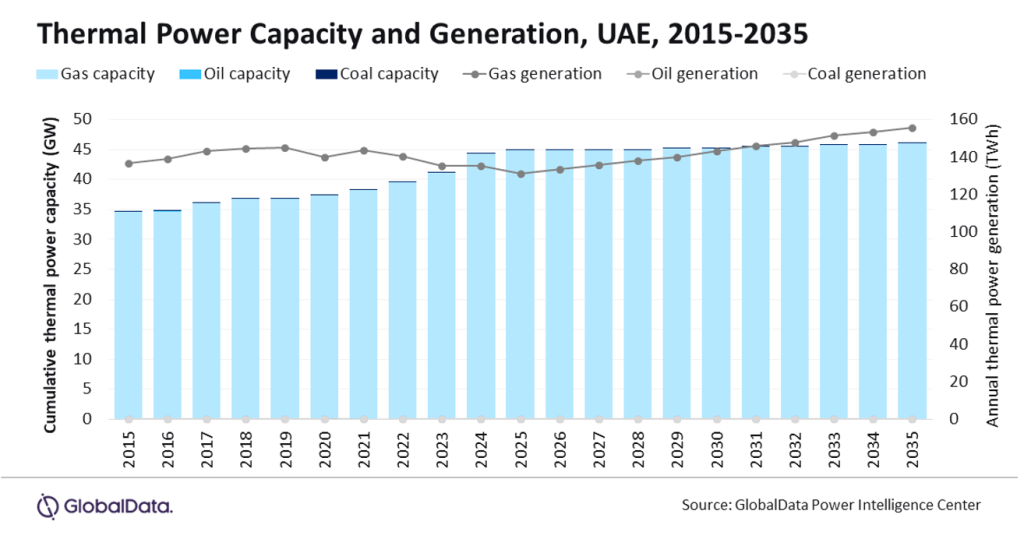

Pakistan is in the midst of an energy crisis with some parts of the country experiencing energy shortages for up to 20 hours a day. The Asian Development Bank has said these prolonged outages have cut the country’s GDP by about 2%.
Pressure on Prime Minister Nawaz Sharif to stem the crisis has never been greater. One potential power source the government is working to harvest is the estimated 175 billion tons of lignite coal in Pakistan’s share of the Thar Desert in the Sindh province. If used properly, experts say it can cater to the electricity requirements of Pakistan for the next 300 years and save nearly $4bn in oil import bills, as well as bring prosperity to the poverty-stricken population of Thar.
Despite being discovered in 1992 the resource is yet to be exploited. But a $1.6bn project by Sindh Engro Coal Mining Company – a joint venture between Engro Powergen and the Government of Sindh – to supply Thar coal to a 1,200MW power plant is expected to come online by 2017, after suffering delays due to funding.
Alongside this, project block V has been earmarked for experimental underground coal gasification (UCG) to power a 100MW power plant. The project, led by renowned Pakistan nuclear physicist Dr Samar Mubarakmand, has, however, been heavily criticised. Many question UCG technology, the strength of government oversight and whether Mubarakmand and his team have the technical ability to carry out the project safely without polluting underground water, which is a lifeline for the Thari people.
How well do you really know your competitors?
Access the most comprehensive Company Profiles on the market, powered by GlobalData. Save hours of research. Gain competitive edge.

Thank you!
Your download email will arrive shortly
Not ready to buy yet? Download a free sample
We are confident about the unique quality of our Company Profiles. However, we want you to make the most beneficial decision for your business, so we offer a free sample that you can download by submitting the below form
By GlobalDataUCG – a safe technology?
UCG is a process by which syngas is made from deposits of coal deemed too deep to mine. The process is carried out in non-mined coal seams, as opposed to the controlled environment of a gas plant, using the injection of oxidants which brings the syngas to the surface through production wells drilled from the surface.
The whole process is a "fine balancing act that is difficult underground", but, if successful, is very efficient, according to Professor Jon Gluyas at the Department of Earth Sciences at Durham University, England. Besides some pilot projects, no commercial-scale UCG projects currently exist anywhere in the world.
Former CEO of Fortescue Metals, Andrew Forrest, has promised Pakistan new technology for processing lignite coal in exchange for tougher laws on slavery.
Proper management of UCG is needed to avoid potential dangers such as uncontrollable fire beneath the surface, the release of carcinogenic phenols to the environment and, perhaps most damaging of all, the contamination of groundwater.
Such concerns have been levelled at the Thar UCG project, which, due to a problem with funding from Chinese investors, has been revised to a 10MW pilot project comprising one gas-fire power facility (36 wells) to be completed by September 2016.
The Government of Sindh has provided 1.8 billion Pakistani Rupees to cover the cost of gas purification plant and power generation units.
Most recently, famous Pakistani nuclear scientist and metallurgical engineer, Dr Abdul Qadeer Khan, expressed doubt about the technology behind the project. Other experts have also expressed concerns regarding subsoil burning of coal spreading over the entire coal field.
Zahoor Abbasi, a geotechnical engineer and hydrogeologist who is senior vice president of Delta Engineering based in San Diego, has been a vocal critic of the UCG project, but not of the exploitation of Thari coal in general.
Agreeing with Khan, Abbasi, who has 40 years of experience working in Pakistan, including five years in Thar as well as experience in the United States, says the project makes false promises of "thousands of mega watts of cheap electricity and millions of barrels of cheap diesel to be produced from the UCG approach".
A feat, he says, "even the most technologically advanced countries in the world have been unable to achieve from UCG".
Abbasi does question the level of expertise available. "Thar Coal is being managed by a team of people, from the very top to the very bottom, none of whom has ever seen an open-pit mine, let alone the other complex technical nuances; these are the people who are making both strategic policy and tactical decisions."
Contamination of groundwater
The biggest issue is the possible destruction of Thar groundwater, which is set to already be extremely stretched by an increase in water dependent mining projects in the region.
The people of Thar have been affected by a famine since 2014. According to information provided by United Nations Children’s Fund in Pakistan, in the district of Tharparkar an estimated 29% of children are malnourished, which is above the World Health Organisation threshold for emergency. This is primarily due to food insecurity in the area and a restriction on people migrating to more fertile ground in the drier season, as reported by Al Jazeera. Due to water shortages food is hard to grow and expensive in the drier months, and cattle routinely perish.
For a community already living on the edge, the decimation by UCG of underground water used for drinking could prove fatal.
Abbasi says the UCG project will "ultimately kill, maim and destroy living beings, because without any doubt, UCG will introduce chemicals such as benzene, toluene , phenolic compounds, poly aromatic hydrocarbons etc. into the groundwater that would cause cancer and other diseases in Thar".
He points to groundwater contamination in a 1970s UCG pilot project by Lawrence Livermore National Laboratory at Hoe Creek in Powder River Coal Basin, Wyoming, in the US, which was abandoned due to groundwater contamination. The contamination, which resulted in carcinogenic benzene, required expensive long-term clean-up efforts.
Exporting it to Asia may provide an economic lifeline while actually lowering global emissions
Abbasi criticises the government, who were contacted for this feature but unavailable for comment, for having no environmental awareness or enforcement mechanisms in place to prevent such contamination.
Research Analyst at the Muslim Institute Basit Zia shares Abbasi’s concerns about underground water pollution in Thar and also points out that the environmental conditions of the coal reserves – depth, water content, soil and rock composition – do not favour UCG, and that open-pit mining seems more feasible.
Abbasi agrees: "Mining and utilising Thar Coal for power generation is the best use for this huge thermal energy resource. There is no need to reinvent the wheel; coal fired power plants have successfully worked for over a hundred years."
However, there are some benefits to UCG. For example, says Gluyas, UCG gives you the ability to extract the energy from coal without endangering miners’ lives by putting down a mine or spoiling the surface of the earth with great mining pits.
Gluyas adds: "Poor operation also impacts the bottom line in terms of commerciality of the project; there are good commercial reasons, let alone environmental ones, to ensure this [pollution] doesn’t happen."
Humanitarian considerations
In such a fragile ecosystem, where around seven million people live on the breadline, humanitarian considerations run far and wide and need to be taken into consideration on any project.
Experts generally agree that, not taking into consideration the longer-term climate change implications of burning fossil fuels, exploitation of Thar’s coal resources will greatly benefit the prosperity of the district of Thar, as well as Pakistan as a whole.
Zia believes increased economic activity will bring jobs, local businesses, infrastructure development, schools, hospitals and the provision of basic amenities, such as access clean water, food and education.
However, Thar-based NGO AWARE has accused the government of not providing enough information to Thari people in the local Sindhi language and of land grabbing – though there has been conflicting reports in this respect, with some reports suggesting people are being paid more than what their land is worth. The possible destruction of threatened species of fauna and flora has also been highlighted.
Ali Akbar, executive director of AWARE, believes indigenous people will have little share in the ongoing development of coal in Thar due to low literacy rates.
"Next generations will be like nomads and who we see wandering here and there for survival," he says.
"There is high potential of renewable energy – solar and wind – and government should exploit the environment with friendly resources instead of going for dirty coal and at cost of the lives of Thari people," he adds.
The government has already been criticised for being slow to address the ongoing humanitarian crisis in Thar; it remains to be seen at what pace they will provide the necessary services for local people when, or if, development gets underway.
With so much at stake in the arid land of the Thar Desert, it’s no wonder tensions are running high.
It’s clear, however, the government, which has set up a dedicated Thar Coal Energy Board, is committed to developing the Thar reserves one way or another.
Let’s hope it can do this for the benefit of all stakeholders in the region, not just for those with business interests.



.gif)



